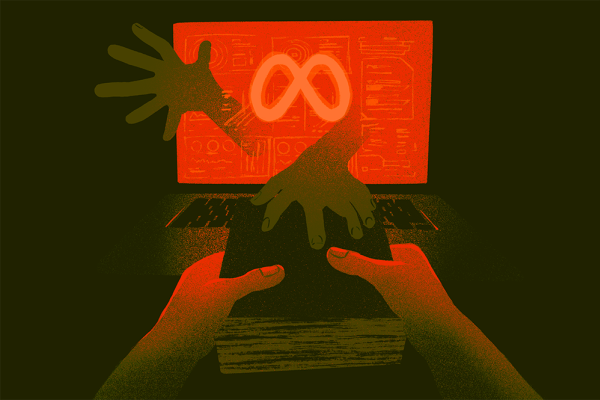Apr 8, 2025
Meta's new "Llama 3" AI model was trained on the stolen text of poetry, sociology, fiction, theology, and more from countless writers, including a few who have written for Sojourners. Now, those writers are speaking out.
Read the Full Article

Already a subscriber? Login
